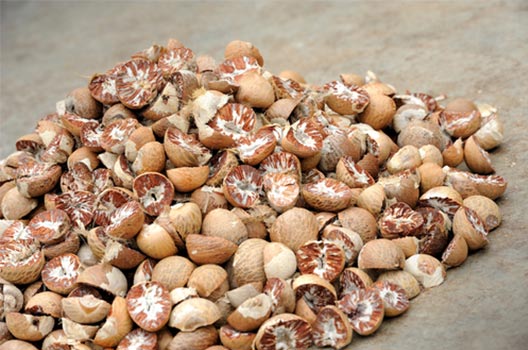ISLAMABAD: In yet another blow to the credibility of Pakistan’s regulatory institutions, the Federal Investigation Agency (FIA) Anti-Corruption Circle Islamabad has summoned the Director General of the National Agri Trade and Food Safety Authority (NAFSA), defunct Department of Plant Protection (DPP), Mr. Tahir Abbas, from the Customs Group over serious allegations of corruption linked to the clearance of Chalia (Betel nut) import consignments.
The summons comes as part of an ongoing enquiry launched on the complaint of Imtiaz-ul-Haq, son of Muhammad Azeem-ul-Haq. The complainant alleges that the DG demanded an exorbitant bribe of Rs. 15 crore for facilitating the biosecurity clearance of Chalia, out of which Rs. 10 crore was allegedly paid in two installments.
The case further drags in Director Quarantine Muhammad Basit, holding three charges of BS19 despite a BS-18 officer who has already been arrested in a previous corruption case 2/2019 by the FIA.
What makes this case particularly troubling is the reported nexus between senior NAFSA officials and personnel from the Pakistan Council of Scientific and Industrial Research (PCSIR). It has been alleged that test reports and clearance certificates were manipulated in exchange for bribes, with the intent to pressure and blackmail importers and traders — a pattern that, if proven, could reflect institutionalized abuse of regulatory power.
The FIA has instructed Mr. Tahir Abbas to appear in person before Sub-Inspector Shamas Gondal on August 8, 2025, at 2:00 PM, to record his version or defense. Non-compliance may result in ex-parte proceedings, as warned in the official notice issued by Muhammad Afzal Khan Niazi, Deputy Director of the FIA’s Anti-Corruption Circle in Islamabad.
This is not the first time the defunct Department of Plant Protection and newly established NAFSA has come under fire. Over the past few years, the department has faced repeated accusations of inefficiency, favoritism, and procedural violations — largely attributed to the appointment of non-technical and controversial individuals to sensitive positions. Experts in the agriculture and trade sectors have long raised red flags over the politicization of DPP postings and the lack of merit-based recruitment, which has compromised the integrity of inspection and certification processes critical to agricultural exports and imports.
Officials say the probe points to a wider, deeply entrenched network of collusion (Umer Rathore, Muhammad Umar Farooq, Tayyab Walyat Entomologist) and Imran Ali junior clerk within the authority, raising alarm over long-standing concerns regarding mismanagement and lack of accountability.
Stakeholders in the export community warn that continued mismanagement and corruption within the DPP could have devastating impacts on Pakistan’s agricultural trade, particularly at a time when global markets demand transparency, traceability, and compliance with international safety standards.
As the FIA widens its investigation, this case is likely to serve as a litmus test for the government’s commitment to combating corruption and restoring credibility to technical regulatory bodies.




